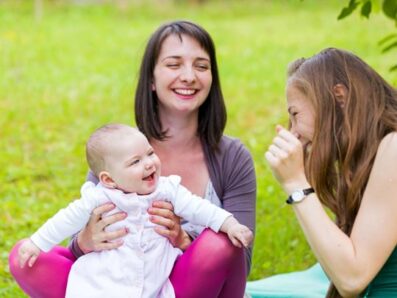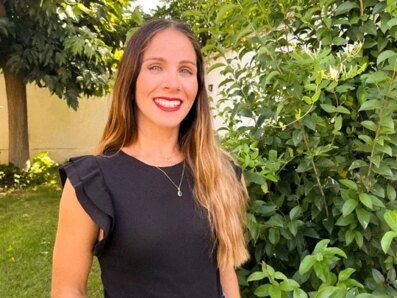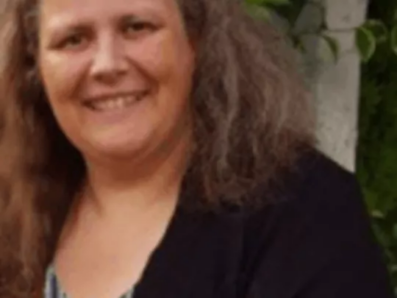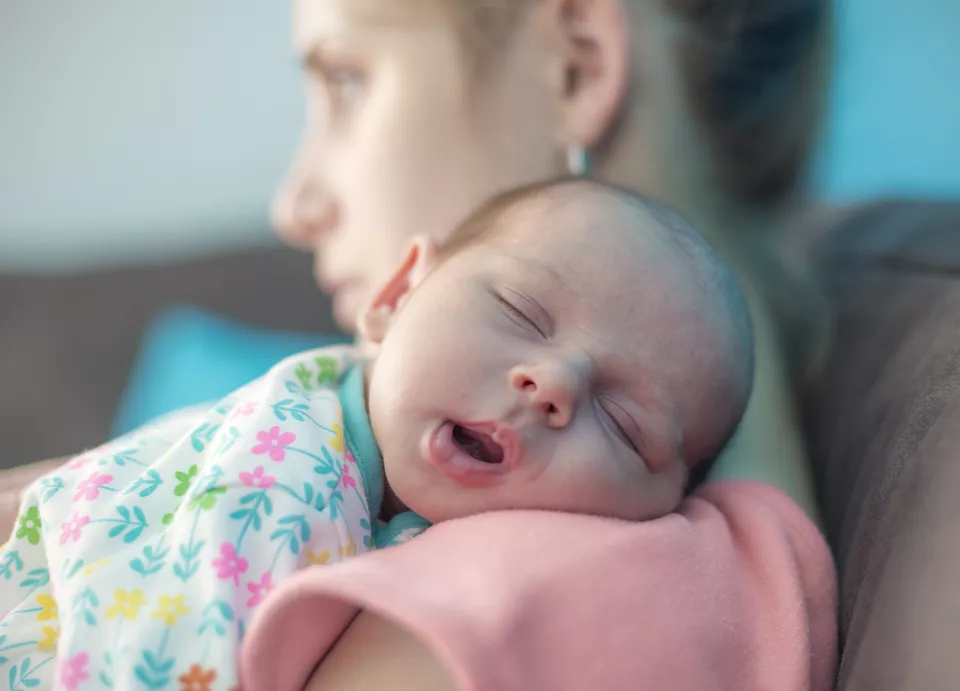
Parent and Child Fostering
Parent and baby fostering, also known as parent and child fostering, is a specialist type of fostering where a parent often a mother and their baby, comes to stay with you at a time when they need extra support.
This type of placement allows them to learn to cope with parenthood with additional support in a secure and safe environment.
It can be a mother and baby/child, a father and baby/child, or mother, father and baby/child. In some cases, there can be more than one baby placed or there could be more than one child, it is not necessarily always a baby.
There is nothing more rewarding that guiding a parent’s journey in a safe and secure environment where you’ll be providing daily support to help raise a happy and healthy child.
Why do a mother and baby need support?
There are a number of reasons why a mother and baby/parent and child cannot remain in their own home and may come into a setting where they can get support from a parent and child foster carer. This may be due to them having no experience of parenting and needing to learn skills in a supportive environment, to concerns about a parent’s own self-care or needing a place of safety.
Other reasons may be a parent has a learning disability or is struggling with their parenting skills. In many cases, they may be a young parent and therefore need an intensive package of care to assess but also help teach and support with their parenting skills. Sometimes a parent has had a child removed previously because of abuse or neglect or there has been a misuse of or they are withdrawing from substance abuse.
There are a whole host of reasons but the desired outcome for a parent and child is that, where possible, children are best placed within their own families – this is the underlying principle of the Children Act 1989. The mother or father can be any age and, if they are under 18, they may be a looked after child themselves.
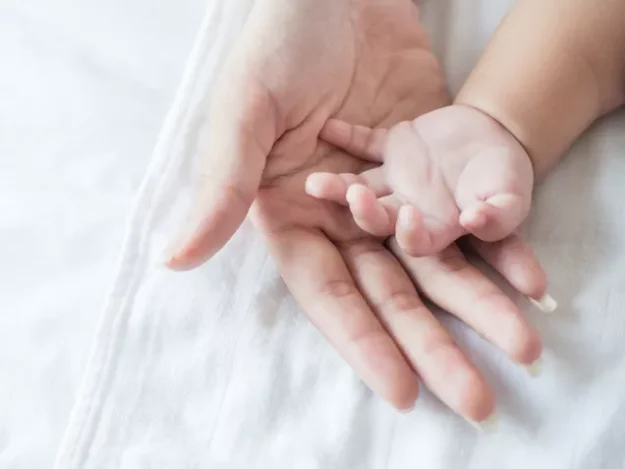
Meet our foster parents
At FCA our goal is, wherever possible, for children to be best placed with their own families. While that might not always happen, parent and baby fostering can be a great alternative, and help set young parents on the right path.
Meet our foster parents who specialise in this type of foster care as they share their fostering highlights.
“You know you’ve done everything you can to be supportive to that mum and to be a safe person for that baby – I’d definitely recommend parent and child fostering.”
Types of parent & child placements
Assessment placements
These usually last for last around 12 weeks and involve completing an assessment report of the parent’s ability to care for their child.
Pre-birth placements
To help prepare the parent for the birth of their child by supporting them to understand their own needs and the needs of their baby.
Parenting supporting placements
These are offered to parents who need help with learning how to provide basic care, safety, warmth and guidance for their child. This type of placement can also be offered if the parent needs a safe place to live.
Why mothers and their babies need foster care:
There are a number of reasons why a mother and baby come into foster care ranging from providing additional guidance and support as they transition into parenthood, to concerns about safety and wellbeing.
These can also include:
- Parent has had a child removed previously because of abuse or neglect
- Concerns about a parent’s own self-care
- Misuse of/withdrawing from drugs/alcohol
- Neglect or abuse of current child
- Parenting skills not “good enough” and need an intensive package of care to assess, teach and support
- Parent has not co-operated with or has had difficulty with other forms of assessment, e.g. family centre, residential assessment centre.
- Parent has a learning disability
- Parent is young – a teenager who needs to develop and demonstrate parenting skills
- Parent needs a place of safety
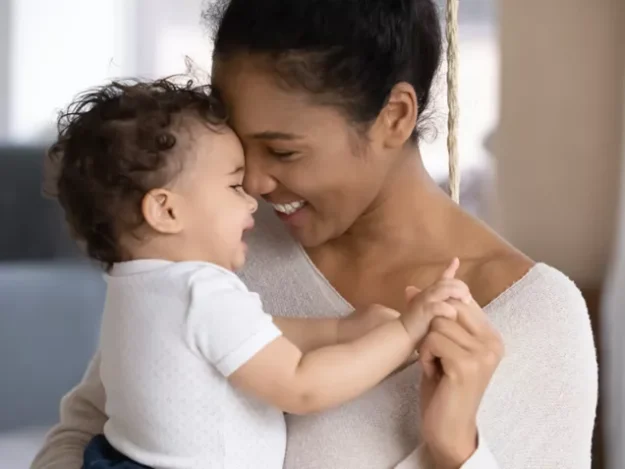
“I felt a sense of connection with parent and child placements, perhaps it was because I was a birth parent myself. From one of my first ever placements with the local authorities, a teenage mum came to me, and it really opened my eyes on how I can help in this area. What I’m trying to do is not only give children a second chance but to allow parents the chance to be the best parent they can be.”
Find out more about Parent and Child Fostering
Frequently asked questions
How long is a mother and baby foster placement?
Parents will stay in the foster home with their child or baby until the assessment is completed. Usually this is around 12 weeks, but they can be extended or, if there are safeguarding concerns, they can be concluded quicker. If the outcome is that the baby or child is to go onto adoption the parent(s) would move out and the foster parent would need to support baby through this adoption process.
If the outcome is positive, the foster parent would support the parent(s) and child onto their next home; this could be moving in with family, independent living or supported living.
What is the role of a foster parent during a mother and baby foster placement
As a foster parent, the aim is to help develop the parent(s) full potential to achieve a ‘good-enough’ level of parenting to enable them to move on with their children. The foster parent’s role involves identifying support needs through assessment and then effectively implementing strategies that meet these learning needs.
They also have to provide a detailed picture of the parent’s ability to care for their child/children and do this through observations, interactions and recordings. Foster parents are to model parenting and then observe this.
They will give support with independence skills, for example, cooking, cleaning, budgeting, claiming benefits and life skills. The role of the foster parent is also to provide an opportunity for enhancing the self-esteem and social skills of the parent, to support him/her in coming to terms with past trauma, to promote his/her independent living skills and to ensure a positive experience for the parent and child.
Foster parents that are interested in parent and child fostering are given specialist training and, together with their supervising social worker, complete a parent and child assessment.
What training is available to foster parents?
Fostering a young family can be challenging as well as rewarding, so you’ll receive specialist training from us as well as support throughout your time as a parent and child foster parent.
The training covers everything relating to caring for, assessing and safeguarding a young family, including:
- How parents form relationships with their children.
- How to assess their parenting skills.
- How to support a parent with a learning disability.
What happens to the mother and baby after the placement
If the outcome is, the baby or child is to go onto adoption the mother would move out and the foster parent would need to support baby through this adoption process. If the outcome is positive the foster parent would support the mother and child onto their next home, this could be moving in with family, independent living or supported living.
What if you have concerns about the safety of the mother or baby
As a foster parent, you’ll receive constant support from your social worker. If at any point you are worried for the safety of the mother or baby, our fostering teams are on hand 24 hours a day, 7 days a week, 365 days a year, so if you need some advice or to report anything, we’re here for you.
What is the Fostering Allowance for providing care for a mother and baby
There is no single, set fostering allowance for this type of placement. The exact amount of fostering allowance you receive will vary depending of the number of children that come into your care, the individual and complexities of the mother and child, and the region where you live.
I can honestly say it’s possibly one of the most rewarding experiences you can have, teaching a new parent or a parent who has had multiple children, how to bond and attach to their baby/child, watching how they grow together.
HELEN
Fostering with FCA for 17 years
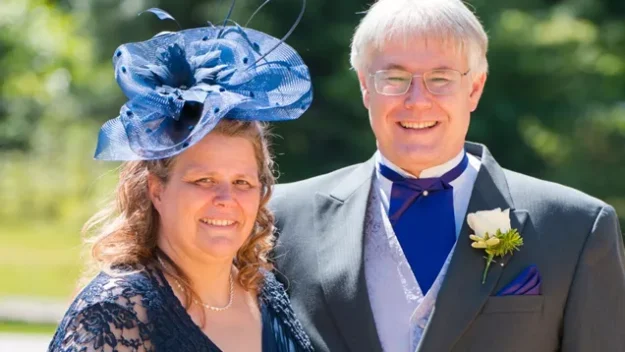
Benefits of working with FCA
24/7 advice service
Excellent ongoing training
Access to your local fostering team
Competitive allowances
Local support groups
Local social activities and events
Get in touch
Whether you’re ready to start your journey or just want to chat, contact our fostering team today and we’ll answer all your questions.
Enquiry Form
The company takes the requirements of GDPR seriously in ensuring the privacy and lawful processing of personal data provided to us by you. Please view our privacy notice which explains how the company will manage and use your personal data. This site is protected by reCAPTCHA and the Google Privacy Policy and Terms of Service apply.
Can’t find what you’re looking for?
By Phone
Call a member of our friendly fostering team and they’ll be able to answer all your questions
By Email
Email our team by completing our online enquiry form
Visit an office
We are always happy for you to pop in for a chat
